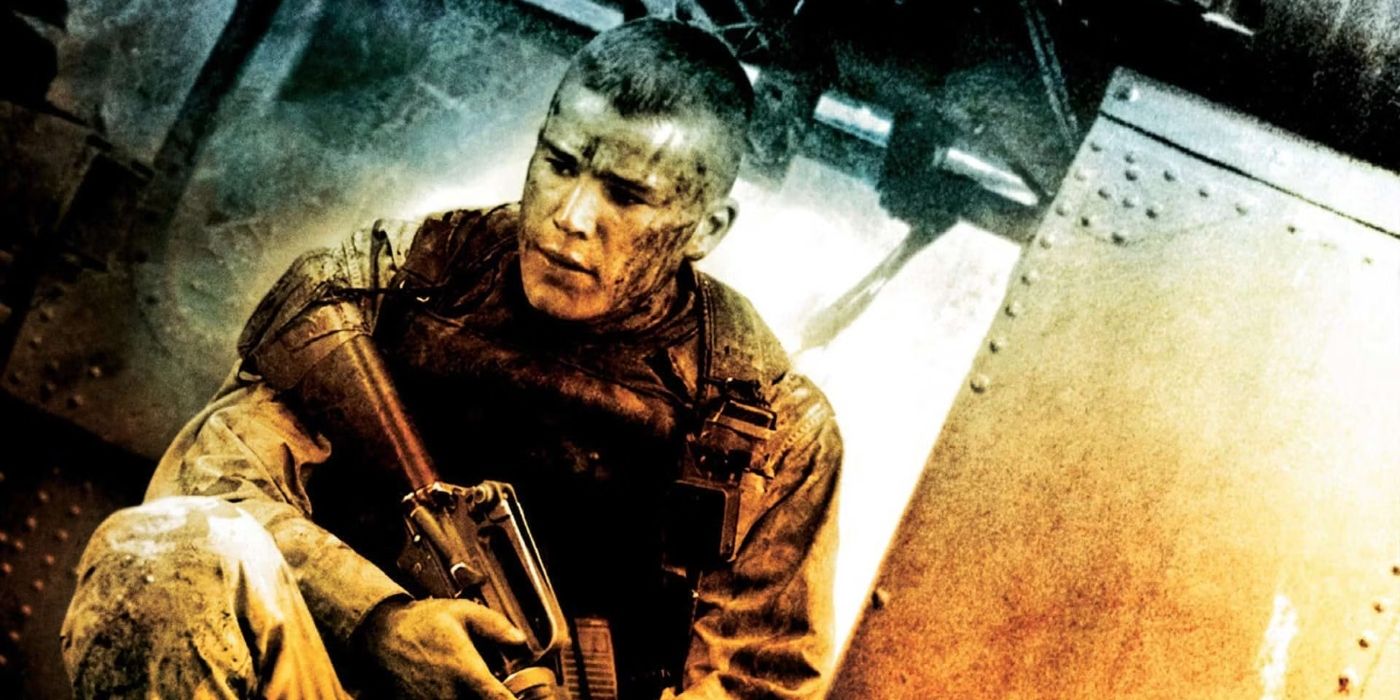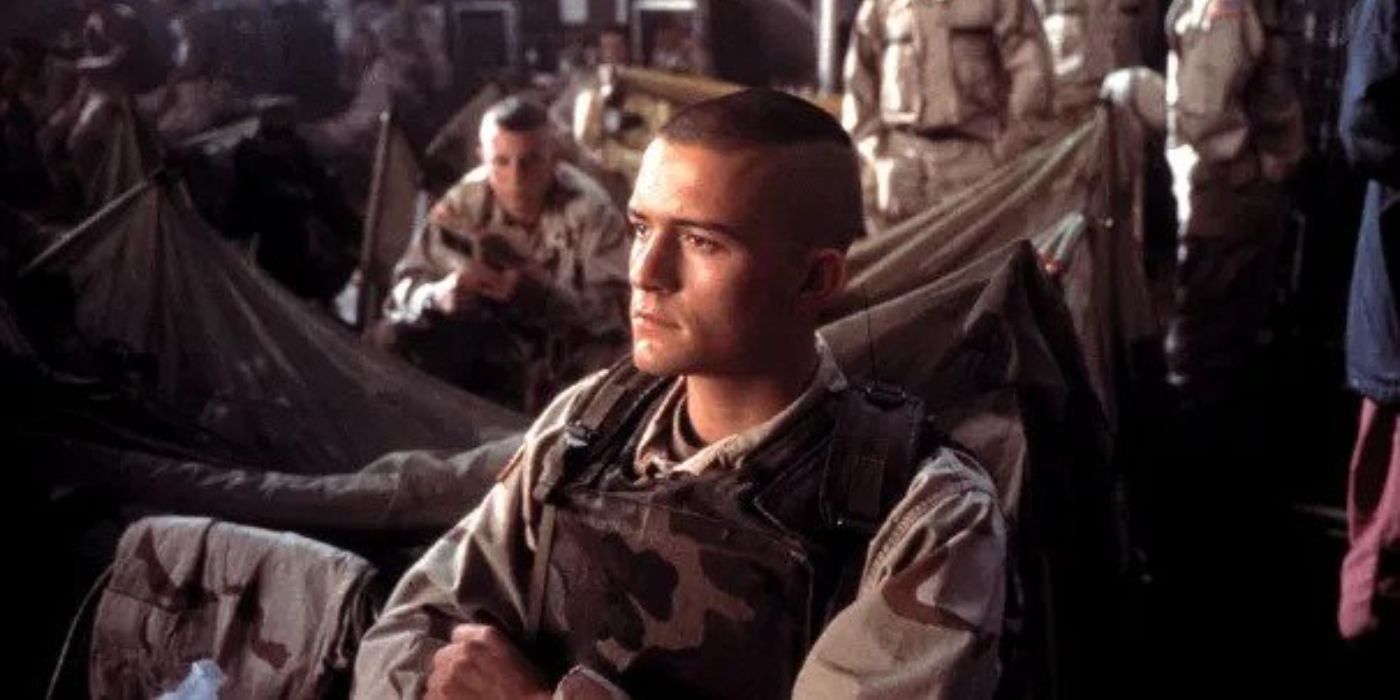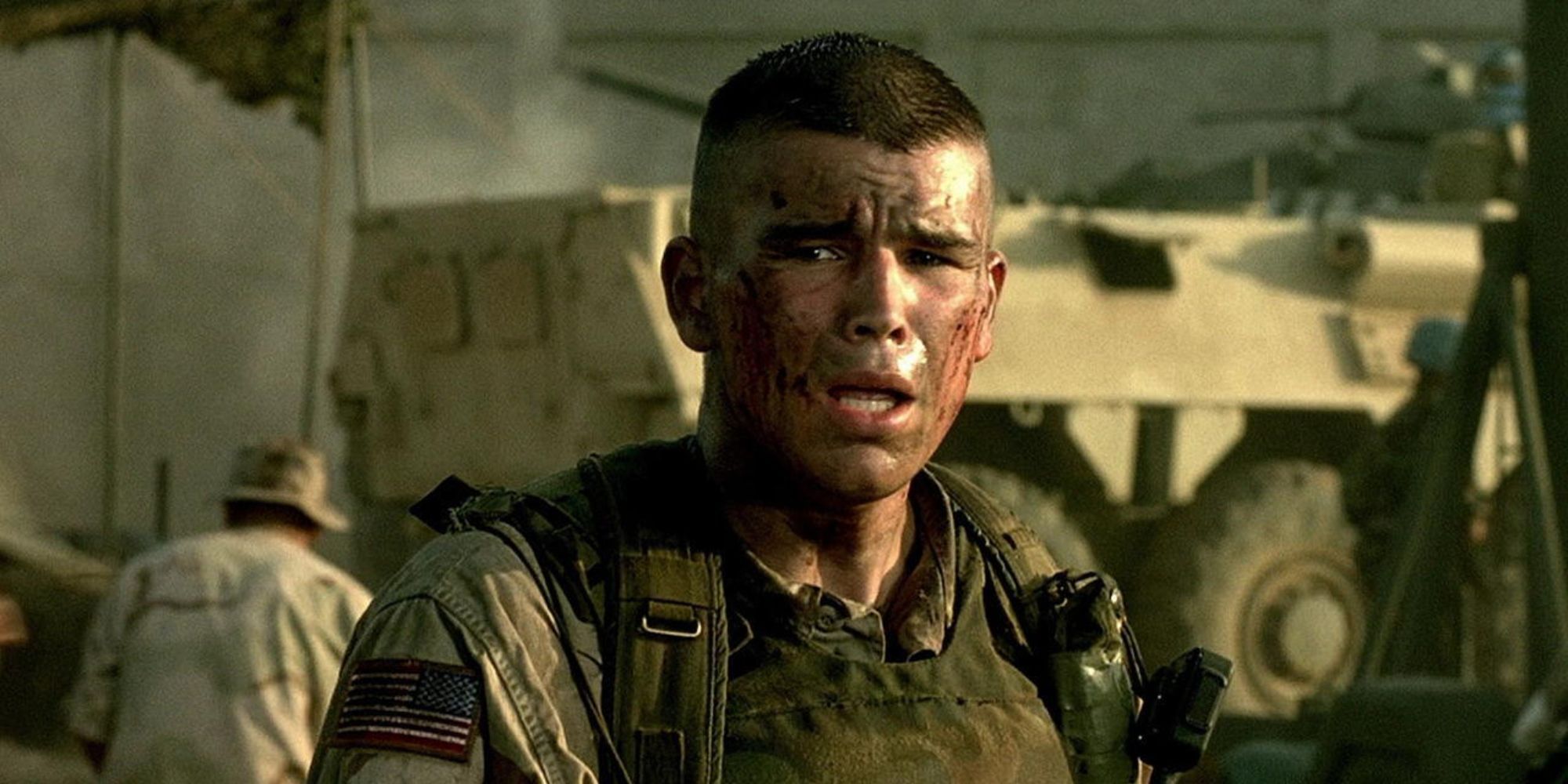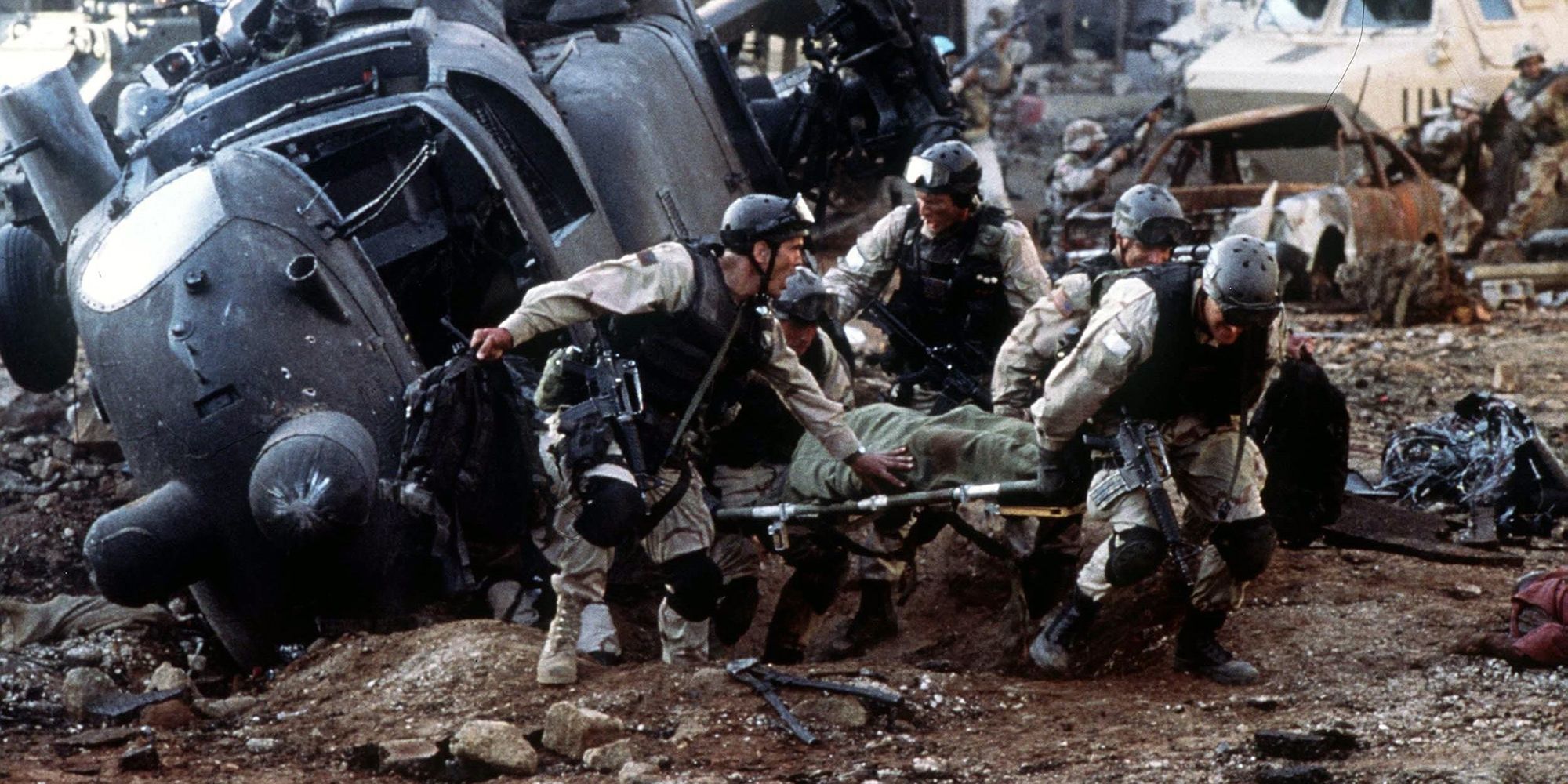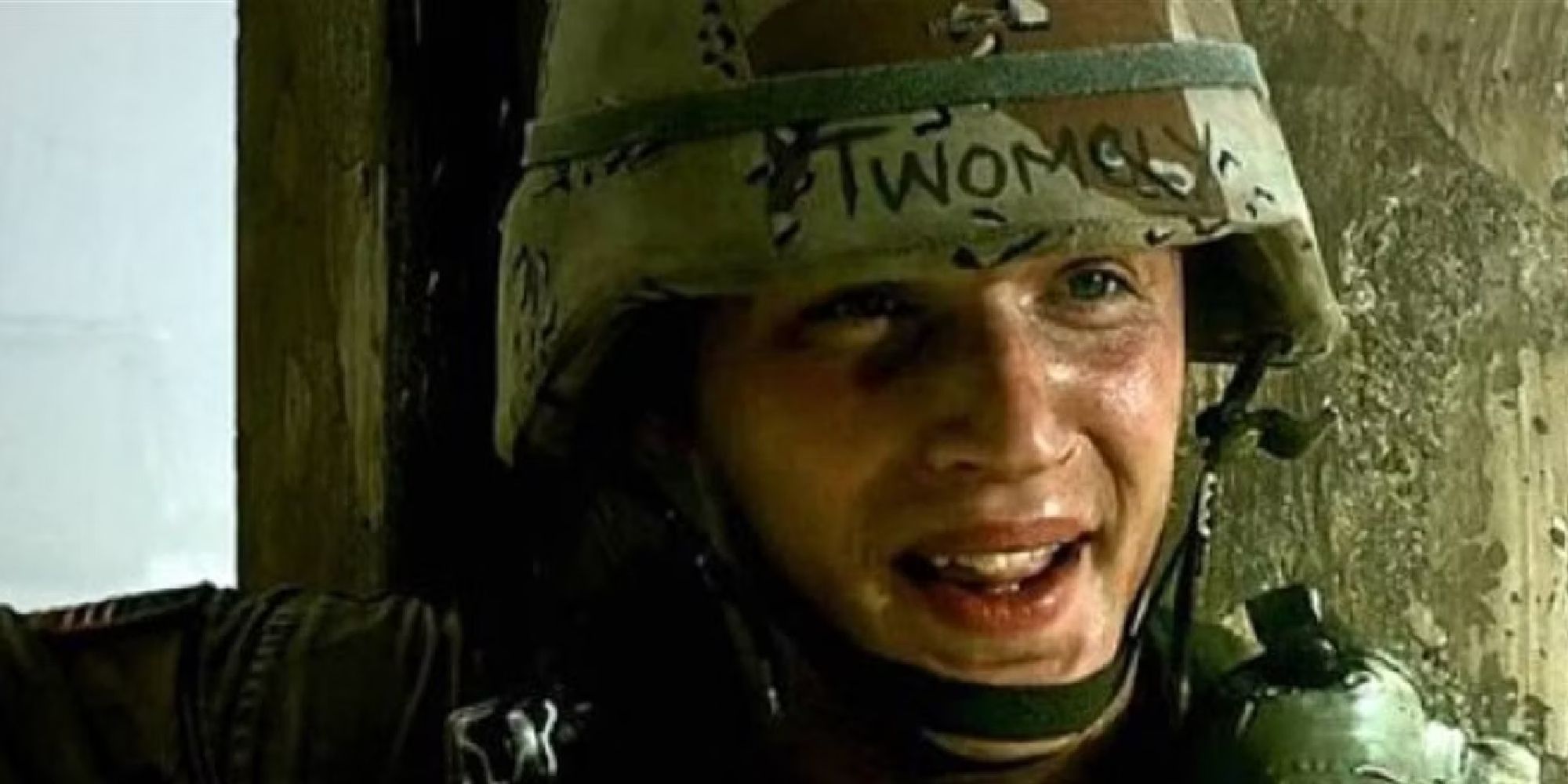The Big Picture
- Black Hawk Down is a harrowing and tragic retelling of the United States' involvement in the civil war-torn Somalia in the early to mid-'90s.
- The film showcases the perspectives of the troops on the ground, the Black Hawk helicopter pilots, and the higher-ranking brass making difficult decisions.
- The final scenes depict the intense firefight and rescue attempts, highlighting the sacrifices made by the soldiers and the devastating impact of the botched extraction attempt.
Ridley Scott is perhaps best known for his work within the science fiction genre. His work on the Alien franchise, along with Blade Runner and HBO-MAX shows like Raised By Wolves have rightfully made him one of the most celebrated directors of all time. However, he has frequently branched out and explored other types of movies that are about as far away from tail-whipping xenomorphs and killer replicants as possible. One of those triumphant efforts was the harrowing and tragic retelling of Black Hawk Down in 2001. The comprehensive account of the United States' involvement in the civil war-torn Somalia in the early to mid-'90s is both viscerally stunning and emotionally touching on a very personal level.
The film boasts close to a dozen known stars but Black Hawk Down is largely focused on the characters played by Josh Hartnett, Tom Sizemore, Ron Eldard, and Sam Shepherd. The film also has an enormous ensemble cast of notable stars including Tom Hardy in his first movie role, Orlando Bloom, Ewan McGregor, Eric Bana, Jason Isaacs, and Jeremy Piven. With all the harried action and gunfights that go on all the way up until the end of the movie, the final scenes can get a little confusing, so we are going to slow things down and take a closer look at how the tragedy concludes.
What is 'Black Hawk Down' About?
In April 1993, a Somalian warlord named General Mohamed Farrah Aidid took control of the country and began to use starvation as a weapon in the civil war-torn African country. He is believed to have starved over 300,000 Somali citizens to death by intercepting food supplies and supplements to the desperate population. Later that year, Aidid ambushed and killed 24 Pakistani troops and began targeting Americans in the area. That is when President Bill Clinton decided it was time to get involved. The United States sent 20,000 Marines to the region and targeted Mogadishu, the capital city of Somalia, with an elite Delta Force unit of Army Rangers to find and neutralize Aidid. The operation was called Gothic Serpent, and was intended to last only three weeks. After six weeks of inaction, the bureaucrats in Washington, D.C. were growing impatient and sent the Delta Force into Mogadishu looking for results. In early October, the Battle of Mogadishu became one of the most disastrous and calamitous operations in the history of American warfare. Scott brilliantly captures the nightmare that these severely outnumbered troops must have gone through in Black Hawk Down.
'Black Hawk Down' Is Told From Three Perspectives
The story is told from three distinct perspectives: the troops on the ground, the pilots of the Black Hawk helicopters that deliver the troops and provide air support, and the higher-ranking brass back at base camp making the very difficult decisions. Sergeant Matt Eversmann (Hartnett) and Lieutenant Danny McKnight (Sizemore) are the face and heartbeat of the troops in the firefight on the streets of Mogadishu near the Bakara Market region of the city. Eldard stars as Black Hawk pilot Michael Durant. When his Black Hawk is the second chopper to go down outside the designated perimeter of Operation Gothic Serpent, that's when the shit really hits the fan for all the troops that are on the ground inside Mogadishu. Durant is captured by Somali soldiers and citizens behind enemy lines. The operation is spread too thin almost immediately as Major General William F. Garrison (Shepherd) is the man back at base camp having to make the decisions to rescue individual pilots and risk all the lives of these young men after he issues a decree that, "No man will be left behind."
'Black Hawk Down's Delta Force Gets Pinned Down in a Gutted Building
All of Black Hawk Down happens close to real-time as the conflict lasted less than a day. The decision is made to take Marines from the Bakara market district to other places to save the pilots of the downed helicopters. The elite Ranger team gets holed up in a crumbling city building with the enemy using the higher ground to keep them pinned down. The Rangers are severely outmanned and outgunned by a Somali force that is made up of both soldiers and regular citizens (including women and children) who realize they have an opportunity to defeat the invading U.S. forces. Major General Garrison decides to send his point man, Lt. McKnight, back into Mogadishu in an effort to rescue the trapped Delta Force from the gutted city that is blazing with gunfire from all directions.
The Final Scenes of 'Black Hawk Down' Explained
In an epic war movie like Black Hawk Down, the final scenes begin with about 26 minutes left in the over 140-minute runtime. When Eversmann and the Delta Force finally get air support from another Black Hawk helicopter, the tide begins to turn. Lt. McKnight rolls in with a convoy of armored personnel carriers (APC) once the airstrike has subdued the gunfire from atop the buildings at the intersection of the city. Eversmann and his remaining troops shoot their way out of the compromised position and use the moving APCs as cover as they run out of town. Meanwhile, other troops are making sure that even the dead pilot's bodies are retrieved and extracted from the hot zone. By this time, night has fallen, and it becomes more difficult to locate their fallen brothers and make sure that no man is left behind. As dawn breaks on the next day, the APCs roll out of town, and troops that can't fit inside make their way on foot as the inner city is completely decimated by the nonstop almost 24-hour exchange of gunfire. Finally, what is left of the unit makes it out of the hot zone and back to base camp. They run alongside small Somali children, who are the real victims of the crisis. In all, 18 Americans were killed and 84 were injured. Astoundingly, over 1,000 Somalis lost their lives in the botched extraction attempt.
The final scenes are of McKnight, Eversmann, and the rest of the troops being treated in the triage set up in a nearby stadium. Most of them are in some form of shock if not dying. Eversmann and Sergeant Hoot Gibson (Bana) describe how no one will fully understand why they do what they do. Eversmann says in a letter to his wife as he's over the dead body of Private Jamie Smith (Charlie Hofheimer) that he will have a discussion with Smith's parents and tell them that their son died with honor, saying, "Nobody asks to be a hero, it sometimes turns out that way."
Black Hawk pilot Michael Durant was released after 112 days in custody. The Commander in Chief withdrew all U.S. forces two weeks later.

